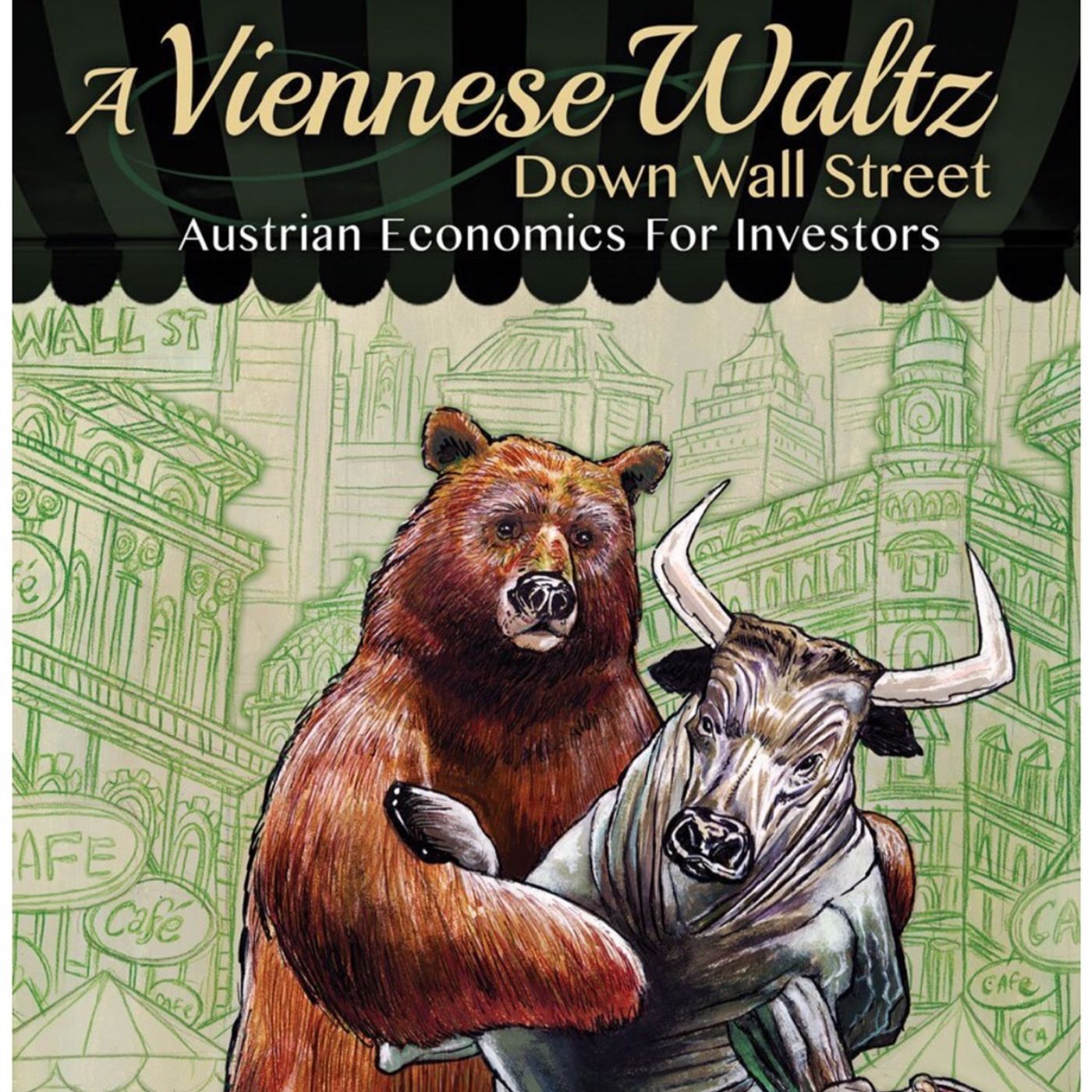- Health
- SEE MORE
- classical
- general
- talk
- News
- Family
- Bürgerfunk
- pop
- Islam
- soul
- jazz
- Comedy
- humor
- wissenschaft
- opera
- baroque
- gesellschaft
- theater
- Local
- alternative
- electro
- rock
- rap
- lifestyle
- Music
- como
- RNE
- ballads
- greek
- Buddhism
- deportes
- christian
- Technology
- piano
- djs
- Dance
- dutch
- flamenco
- social
- hope
- christian rock
- academia
- afrique
- Business
- musique
- ελληνική-μουσική
- religion
- World radio
- Zarzuela
- travel
- World
- NFL
- media
- Art
- public
- Sports
- Gospel
- st.
- baptist
- Leisure
- Kids & Family
- musical
- club
- Culture
- Health & Fitness
- True Crime
- Fiction
- children
- Society & Culture
- TV & Film
- gold
- kunst
- música
- gay
- Natural
- a
- francais
- bach
- economics
- kultur
- evangelical
- tech
- Opinion
- Government
- gaming
- College
- technik
- History
- Jesus
- radio
- movies
- services
- Church
- podcast
- Education
- international
- Transportation
- Other
- kids
- podcasts
- philadelphia
- Noticias
- love
- sport
- Salud
- film
- and
- 4chan
- Disco
- Stories
- fashion
- Arts
- interviews
- hardstyle
- entertainment
- humour
- medieval
- literature
- alma
- Cultura
- video
- TV
- Science
- en
Ep.101 A Look at Austrian Economics

b'The central message of the Austrian school of economics, writes Mark Skousen in this wide-ranging book, is that economics is about human beings. That outlook has direct implications for financial markets and personal investing. And this is why the Austrian school has had a huge impact on Wall Street.
A Viennese Waltz Down Wall Street, then, is a tutorial on both economics and investment that sheds new light on both fields.
Consider the opening metaphor of the dance. This is the image that Skousen uses to illustrate the direction of prices in financial markets. It is not random but neither is it entirely scripted. There is a great deal of improvisation and uncertainty. But what makes it all work is that great institution of the mutual benefit of buying and selling. This is what makes markets dance.
Economics and investing are the two fields that Skousen has followed closely during his long career. This book weaves the two together to show how you can use good economics to anticipate market turns. But just as importantly, it shows how you can use investing knowledge to understand economics.
This is the unique contribution of the book. It takes big ideas in economic theory and illustrates them through real-world examples from financial experience. This approach has the merit of really driving home the point. What is the use of subjective value theory, marginal utility, business-cycle theory, and the rest? Skousen presents applications at every step, even while covering the history of ideas.
That economics is about human choice doesn\'t sound controversial at first reading, but the academic mainstream long ago abandoned this idea. It has been consumed by mathematical mechanics and theories of central management that have little or nothing to do with the reality of human choice. Every attempt to use such methods in predicting stock markets has flopped.
Skousen clears up many confusions. For example, many people think that rising stock prices signal better economic times. Actually, the opposite can be true. Also, many people think that a good forecast about a coming recession necessarily means you should sell financials. Again, the opposite might be true.
Skousen covers interest rates in theory and practice, and the relationship between saving and investment, the turning points in the business cycle and the rules of thumb to spot them, the decision to rent or own, the role of precious metals, and much more. He clears up many confusions such as the common belief that Austrians are always bullish on gold or always negative on stocks.
He also assesses the records of modern Austrian economists on forecasting. Is it perfect? No, but it is better than most. He has some corrections, too, for "hard-money" investment theory.
In most economics texts, micro and macroeconomics are distinct. But in Skousen\'s book, they are beautifully integrated in theory and practice.
Mark Skousen, Ph.D., is a financial economist, university professor, corporate consultant, and author of over twenty books. Dr. Skousen is editor in chief of the award-winning investment newsletter Forecasts & Strategies and edits three trading services: Skousen Hedge Fund Trader, High Income Alert, and Turnaround Trader. From 2005 to 2007 he was chairman of Investment U, one of the largest investment e-letters in the country. He has taught economics at Columbia Business School, Columbia University, and Rollins College, and is currently the Benjamin Franklin Chair in Management at Gratham University. A former Forbes magazine columnist, Dr. Skousen\'s articles have appeared in The Wall Street Journal, The Christian Science Monitor, Reason, and The Journal of Economic Perspectives.'